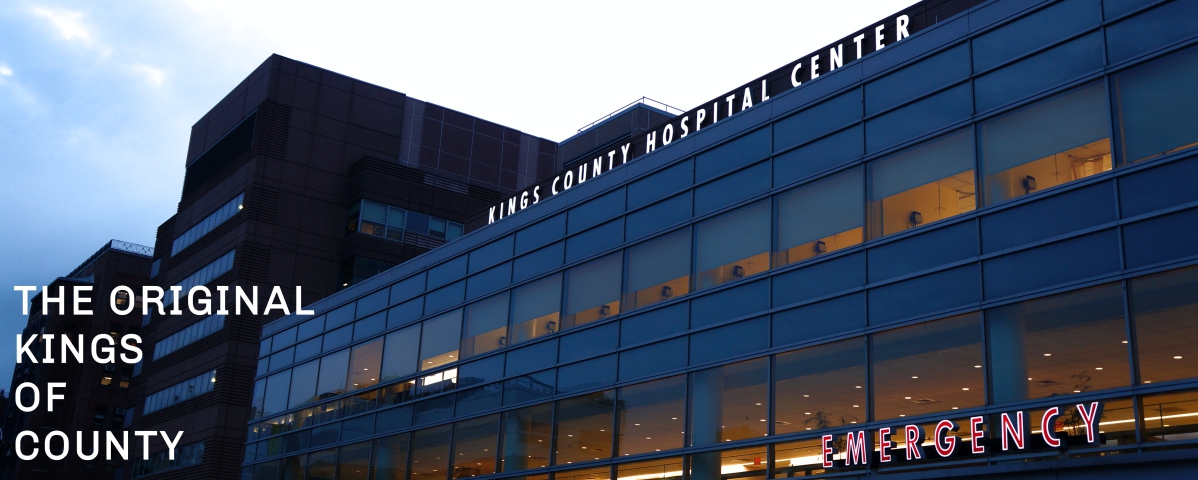Thanks Dr. Coquillon for today’s Morning Report!
Alteplase:
Mechanism of Action
Recombinant human tissue-type plasminogen activator (t-PA); produces local fibrinolysis
Promotes thrombolysis by converting plasminogen to plasmin which degrades fibrin and fibrinogen
Pharmacokinetics
Initial Half-Life: 5 minutes (free unbound form)
Terminal Half-life: 72 minutes
Onset: Coronary thrombolysis occurs in 30 min, reaches peak response at 60 min
Peak Plasma Time: 20-40 min
Metabolism: Rapidly cleared from circulation by liver
Excretion: Urine
Alteplase Dosing:
Acute MI:
<67 kg: 15 mg IVP bolus over 1-2 minutes, THEN 0.75 mg/kg IV infusion over 30 minutes (not to exceed 50 mg); THEN 0.5 mg/kg IV over next 60 minutes (not to exceed 35 mg)
≥67 kg (100 mg total dose infused over 1.5 hr) 15 mg IVP bolus over 1-2 minutes, THEN 50 mg IV infusion over next 30 minutes, and THEN remaining 35 mg over next 60 minutes
Pulmonary Embolism:
100 mg IV infused over 2 hours
Initiate/restart IV heparin therapy near end or immediately following alteplase infusion when PTT returns to <2 times normal
Acute Ischemic Stroke
Treatment should only be initiated within 3 hours (controversial) after onset of stroke symptoms, Exclude intracranial hemorrhage by cranial computerized tomography (CT) scan or other diagnostic imaging method sensitive for the presence of hemorrhage
0.9 mg/kg IV infused over 1 hour, administer 10% of total dose as initial bolus over 1 minute; not to exceed total dose of 90 mg
Side effects:
1) Bleeding
The most frequent adverse reaction
Should serious bleeding in a critical location (intracranial, gastrointestinal, retroperitoneal, pericardial) occur, Activase (alteplase) therapy should be discontinued immediately.
The incidence of hemorrhagic stroke was 0.7%, not all of which were fatal. The incidence of all strokes, as well as that for hemorrhagic stroke, increased with increasing age .
| TOTAL DOSE ≤ 100 MG | |
| gastrointestinal | 5% |
| genitourinary | 4% |
| ecchymosis | 1% |
| retroperitoneal | < 1% |
| epistaxis | < 1% |
| gingival | < 1% |
Allergic Reactions
Allergic-type reactions, e.g., anaphylactoid reaction, laryngeal edema, orolingual angioedema, rash, and urticaria have been reported. A cause and effect relationship to Activase (alteplase) therapy has not been established.
Most cases resolved with prompt treatment; there have been rare fatalities as a result of upper airway hemorrhage from intubation trauma.
Jay Khadpe MD
Latest posts by Jay Khadpe MD (see all)
- Morning Report: 7/30/2015 - July 30, 2015
- Morning Report: 7/28/2015 - July 28, 2015
- IN THE STRETCHER INSTEAD OF BESIDE IT - July 22, 2015
- Morning Report: 7/14/2015 - July 14, 2015
- Morning Report: 7/10/2015 - July 10, 2015
